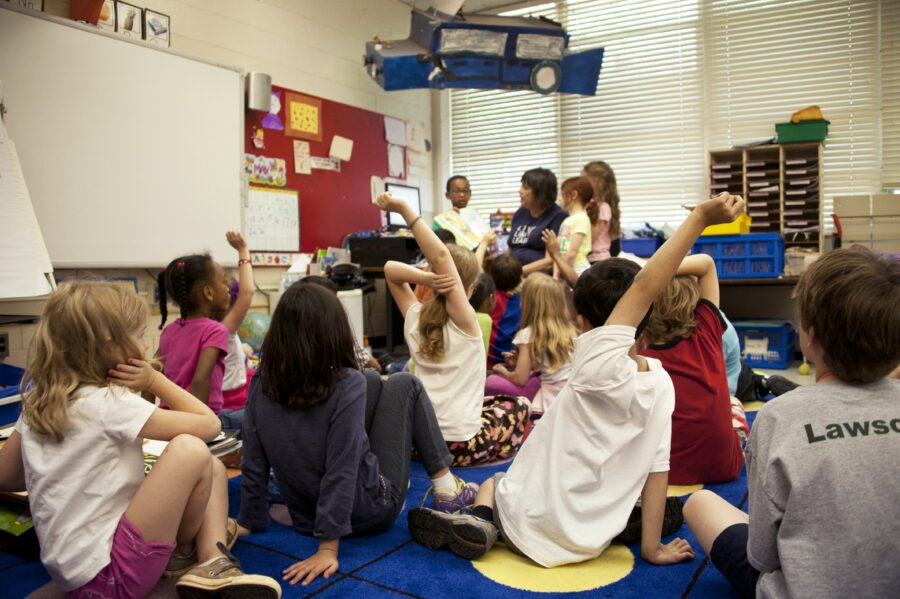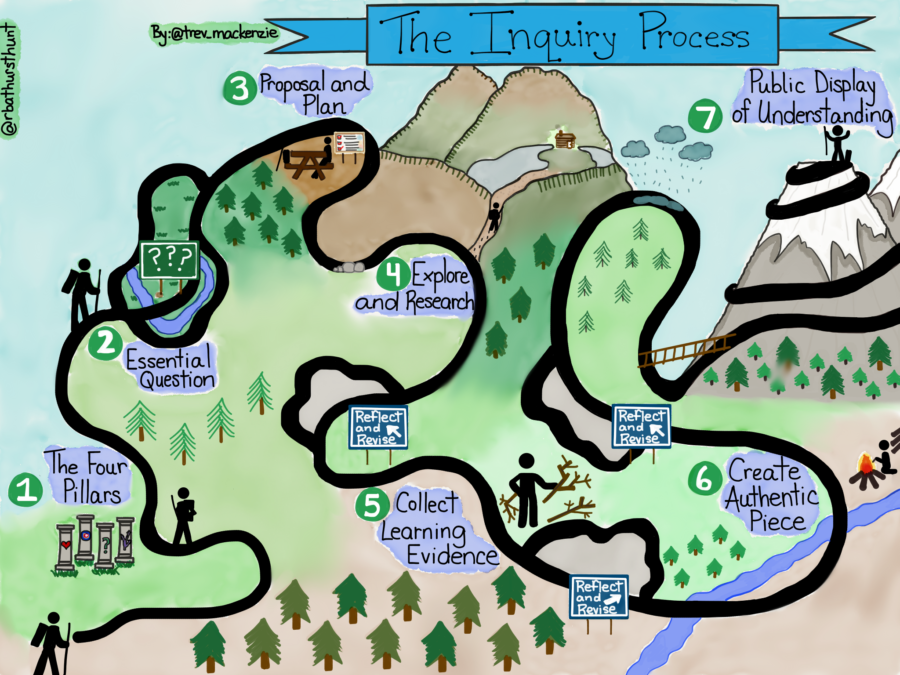Today we had the opportunity to talk with Heidi James, a middle school teacher who is passionate about gaming and a huge advocate for the use of Minecraft in classrooms as tool for students to show their learning. To start, Heidi prompted us to think about taking “game” or “gamify” out of the conversation and consider using “play” and “play for learning”. This prompted the question, “Where can you use more play in your life…”
I think…
I think we can all agree that we can all use more play in life! The great thing about play is that anyone can play, anywhere, anytime! Play can be defined as any activity that is for enjoyment purposes – it is diverse and accessible to all ages and abilities. When I think back to my own childhood, some of the fondest memories I have are playing boardgames as a family especially around Christmas time. We also spent a lot of time playing and being active outside. Play is a strong value in my own family – my husband and I have carried on the family boardgame night tradition with our girls, and we spend a lot of time as a family recreating outside. Play is also a huge part of the girls’ relationship as siblings. Countless hours are spent together playing imaginative games of dress up, Lego, dolls ect. I can see the bond that they have, and I know that their ability to play together and work things out between themselves as they come up has had a huge impact on their relationship.
I know…
Many of the early childhood educators place huge emphasis on play in education. I think we could all agree that play is a huge part of learning in the early years. As parents, we watch our children learn many of those early fine motor skills manipulating objects through play. We see this in practice in most Kindergarten classrooms where delivery of curriculum is mainly through play-based learning. However, this conversation got me to thinking about why there is less and less emphasis on play in the classroom as students move up into the older grades. I can see the disparity between my own children who are in Kindergarten and Grade 3. The Kindergarten experience is all about exploration and learning through play and already in Grade 3 there is more emphasis on spelling tests, writing workshop and timed math quizzes with maybe one block a week dedicated to “centers”.
I wonder…
This makes me wonder, where has all the play gone? Why is there such a huge emphasis on play in the primary grades and so very little play by the time you hit middle school. Listening to Heidi and her students and how passionate they are about gaming in education made me realize that this is a huge opportunity for all teachers to connect and engage kids on a totally different level. I loved hearing about how Heidi experienced a shift in the power dynamic between her students and herself as they became the experts and she the novice. I also loved hearing about how the use of games such as Minecraft creates opportunities for students to learn leadership and mentorship skills among their classmates. While I have to admit I know next to nothing about Minecraft, and most online gaming for that matter, the idea of bringing more games/gaming into the learning environment got me excited and it is something I want to learn more about as I enter my education career.




